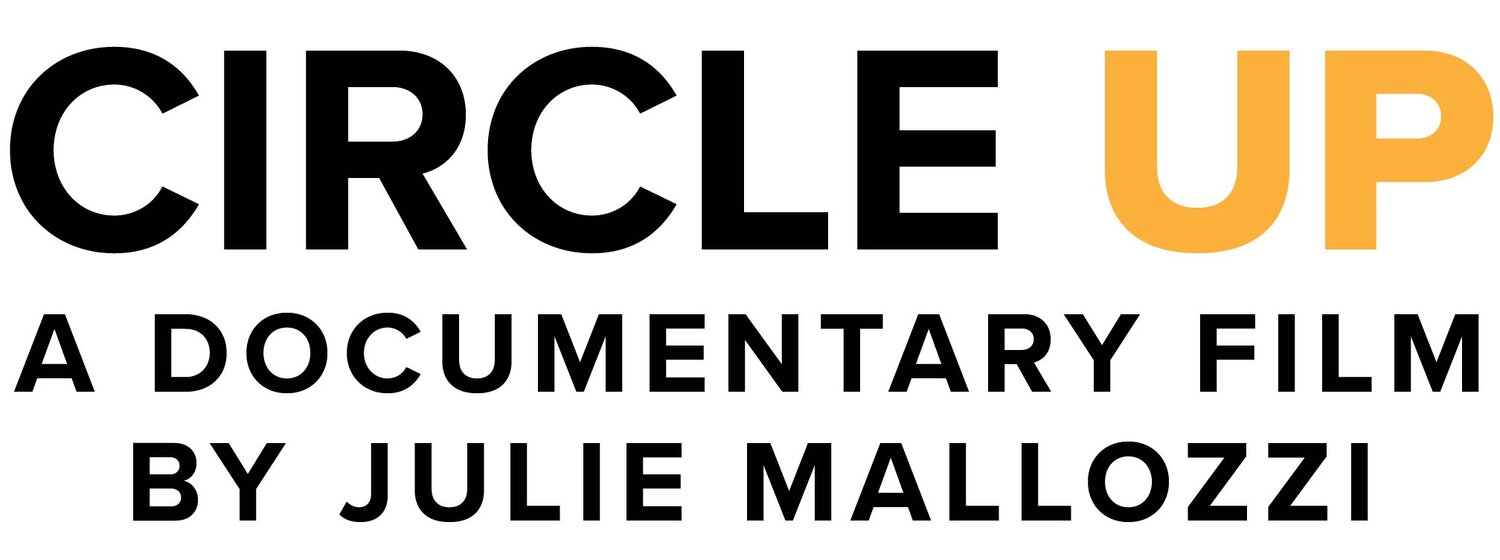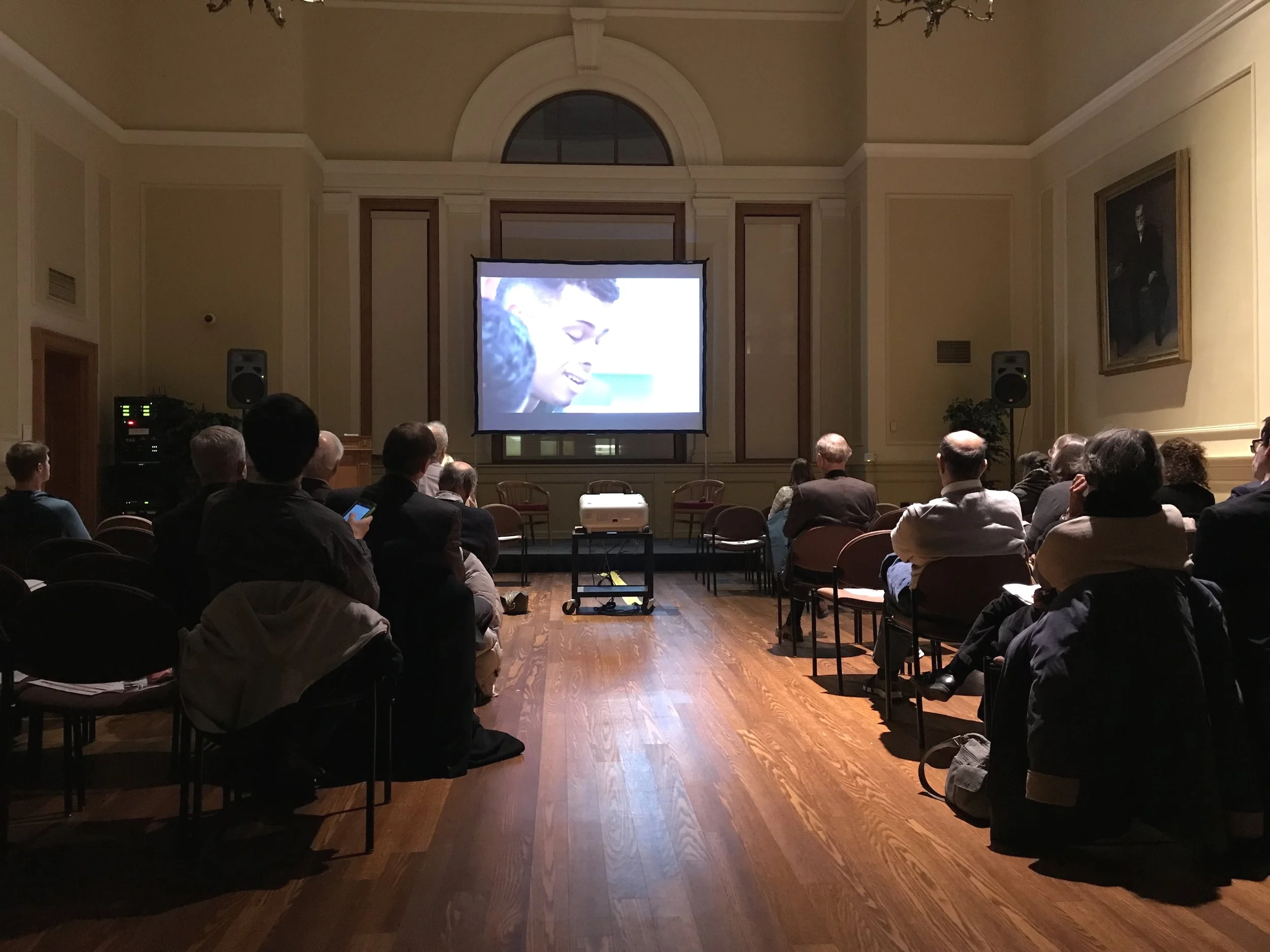The CIRCLE UP team just returned from an exhilarating trip to New York City to lead a professional development event for principals, restorative justice coordinators, and social workers from 19 of the city’s public schools. Our goal was to help this dedicated cohort of educators reflect on the successes and challenges of implementing restorative justice – and to showcase our film as a tool for demonstrating what RJ looks and feels like.
After a casual welcome breakfast, filmmaker Julie Mallozzi, film subjects Janet Connors and Clarissa Turner, and impact coordinator Genevieve Hunt presented the film to the 50 participants and held a panel discussion about what brought them to do RJ work in schools – and what they have learned in the process. We then broke into several smaller circles, each co-facilitated by a local educator and a member of the CIRCLE UP team, to explore participants’ responses to the film and to reflect on what might be needed to further RJ at their schools. Returning to the full group, we shared what we learned and brainstormed how CIRCLE UP might be used with staff, students, and families to model restorative practices.
Each school received a copy of the CIRCLE UP DVD, which includes both the 69-minute feature and the 14-minute short, and a print copy of our fresh-off-the-press Facilitator Guide.
The gathering concluded with a vociferous request for Janet and Clarissa to go on a “speaking tour” to individual schools in New York City. Their powerful testimony, as mothers who lost sons to homicide and now help other children break cycles of revenge and violence, always sets a room afire.



